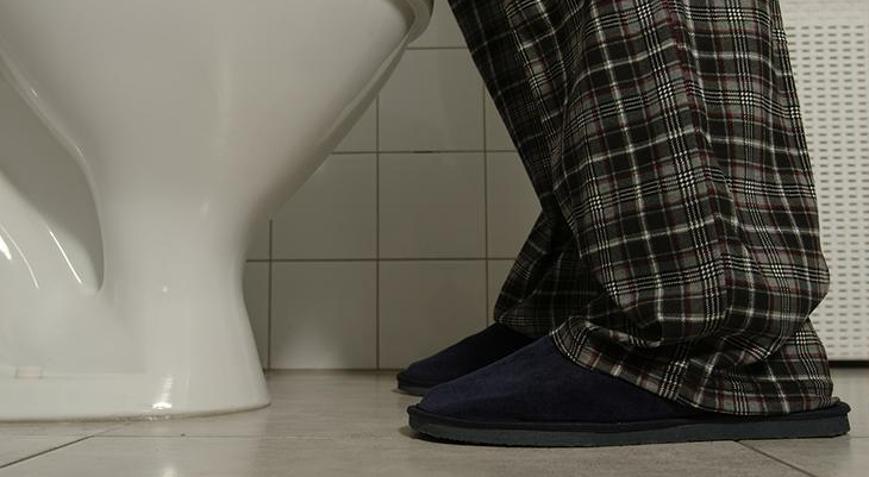Snoring Disorder and Treatmen
Snoring is a significant disorder recognized by the annoying high sound produced during breathing in and out through the upper respiratory tract while sleeping, which is widely seen in our society and is of considerable interest in terms of its causes and treatment methods. It may not always be valid to consider snoring as an indicator of sleep apnea, which negatively affects the quality of life of individuals suffering from the disorder and their immediate surroundings.

What is Snoring?
Snoring is the sound produced when air passing through the upper respiratory tract during sleep causes the soft tissue to vibrate due to the incomplete opening of the airway as a result of the relaxation of the throat structure or muscles. The severity of snoring is determined by how narrow the airway is. Factors such as age, weight, and sleep position can affect the severity of snoring.
Snoring, which directly affects the quality of sleep and thus the quality of life, can be confused with sleep apnea disorder when breathing is completely interrupted during sleep. Snoring problems caused by sleep apnea can result in much more dangerous consequences for health. Therefore, if your breathing is interrupted and your sleep is disrupted in addition to your snoring problem during sleep, you should consult a physician.
What are the Causes of Snoring?
So, what are the factors causing snoring? Many reasons can be counted, but fundamentally, we can examine them under two main headings: physiological and the effect of other existing diseases of the individual. In addition, lifestyle, daily routines, and habits can also be considered as among the main factors causing snoring. We have listed some important causes of snoring in bullet points below:
- Physiological problems in upper respiratory tract organs (such as nasal bone structure, jaw deformity, etc.)
- Swelling of tonsils and adenoids,
- Upper respiratory tract infections,
- Excessive weight,
- irregular nutrition and sleep habits,
- Use of various medications,
- High blood pressure,
- heart diseases,
- Use of harmful substances to health such as alcohol, tobacco, etc.,
- Sleep apnea,
- Fatigue
How is Snoring Diagnosed?
For the diagnosis of snoring, your physician needs to have detailed information about your lifestyle routine and other diseases you may have. Subsequently, if necessary, they may request observation in a sleep laboratory or some tests to be performed during sleep. It is important to correctly identify the cause of the disorder during the diagnosis process. Computerized tomography (CT) scan, magnetic resonance imaging (MRI), and endoscopy can be utilized in the diagnosis.
We mentioned that snoring problems caused by sleep apnea can lead to much more dangerous consequences. If your snoring problem is based on this reason, the diagnosis and treatment process may be of greater importance.
What are the Treatment Methods for Snoring?
So what should people who snore do, and is there a definite solution to snoring? Permanent changes in lifestyle and habits that the individual will make during the treatment process are effective. Examples of these changes include;
- Losing excess weight,
- Quitting harmful habits such as alcohol, tobacco, etc.,
- Changing sleep position,
- Methods such as using nasal strips can help treat the disorder and stop your nighttime snoring.
Additionally, in cases where the discomfort persists despite lifestyle changes, options such as surgical operations or the use of devices to prevent snoring may be preferred under the direction of the relevant physician. There are also some types of snoring that cannot be treated despite these methods.

 Admin
Admin 



























